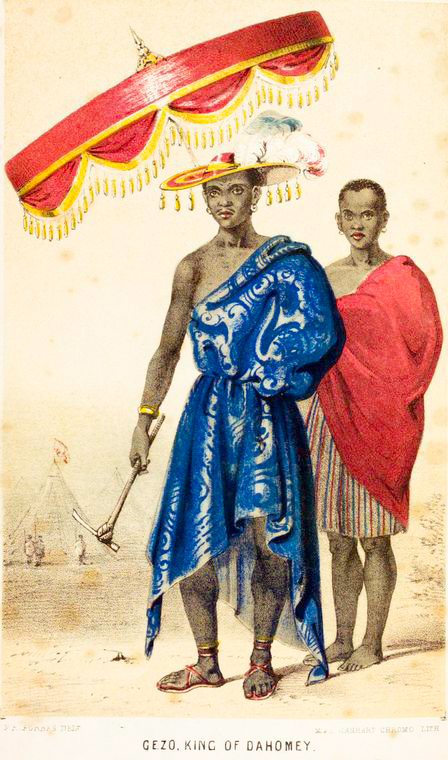

Mellon Postdoctoral Fellowship in Public Address at Colgate University. Prior to joining Texas A&M, I received my PhD in 2009 from the University of Minnesota. I held the Andrew W. This research seeks to provide novel syntheses of rhetorical scholarship, the history of American public address, and the advance guard conceptual formulations of postmodern social and cultural theory. As a scholar of rhetoric, my commitment to this concern manifests in my ongoing research on the intersections of the rhetoric of organized labor and capitalism, freedom of expression and collective responsibility, and the public advocacy of radical reform and social stability. My research and teaching are motivated by a longstanding commitment to producing communication scholarship that addresses central concerns of the twenty-first century: how and to what extent public discourse expresses the tensions, contradictions, and differentials of power in modern societies. My recent book, Soapbox Rebellion: The Hobo Orator Union and the Free Speech Fights of the Industrial Workers of the World, 1909-1916, explores the historical roots of the struggle for freedom of expression and radical labor movements in the United States. You are also welcome to check out my faculty page here.

Soapbox Rebellion highlights the methodological obstacles to recovering a workers’ history of public address closely analyzes the impact of hobo oratorical performances and discusses the implications of the Wobblies’ free speech fights for understanding grassroots resistance and class struggle today-in an era of the decline of the institutional business union model and workplace contractualism.Greetings! I am an Associate Professor of Rhetoric in the Department of Communication at Texas A&M University. Matthew May coins the phrase “Hobo Orator Union” to characterize these collectives.

While the fights were not always successful, they did produce a novel form of fluid union organization that offers historians, labor activists, and social movement scholars a window into an alternative approach to what it means to belong to a union. The volatile spread and circulation of hobo agitation during these fights amounted to nothing less than a soapbox rebellion in which public speech became the principal site of the struggle of the few to exploit the many.

Soapbox Rebellion, a new critical history of the free speech fights of the Industrial Workers of the World (IWW), illustrates how the lively and colorful soapbox culture of the “Wobblies” generated novel forms of class struggle.įrom 1909 to 1916, thousands of IWW members engaged in dozens of fights for freedom of speech throughout the American West.


 0 kommentar(er)
0 kommentar(er)
